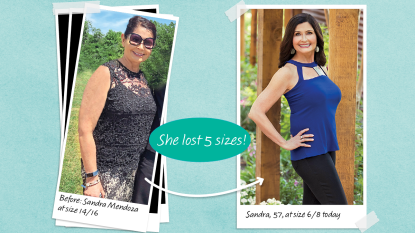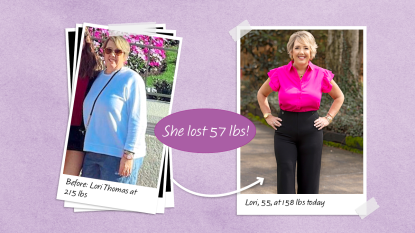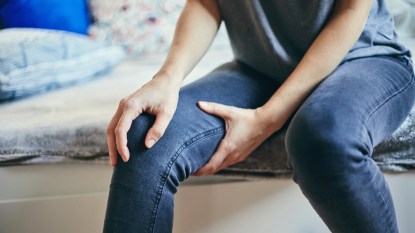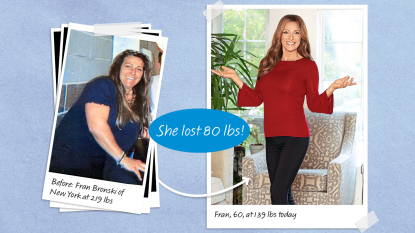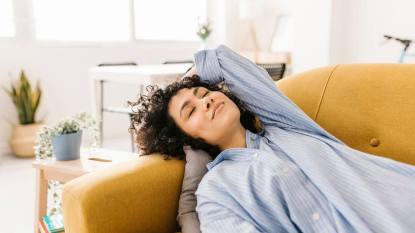What to Do When You Can’t Sleep
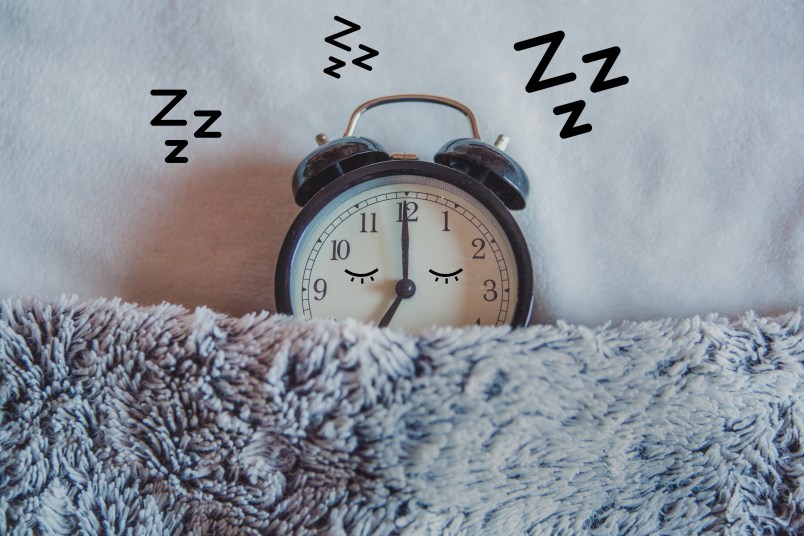
Not being able to sleep is incredibly frustrating and affects lots of people over the course of their lives. Inability to have a good quality night’s sleep can be caused by all sorts of factors, from stress and anxiety to poor sleep hygiene.
You might think you’re getting a good night’s sleep, but you probably need more rest than you think.
Dr. Susheel Patil from the John Hopkins Sleep Center says, “Everyone should get seven to eight hours of sleep per night to feel rested; otherwise you will feel tired throughout the week.”
She says it’s important to establish a routine, and that if you struggle with waking in the night it can be useful to conduct your own sleep study by keeping a sleep diary.
The NHS recommends creating the best sleeping environment you can to beat symptoms of bad sleep or insomnia. This includes things like making sure you have a comfortable, clean bed, and somewhere cool and dark to sleep.
Alongside material changes to your bedroom, you can also make changes to your day-to-day life that will help alleviate the symptoms of insomnia and help you get a better night’s sleep.
10 Tips for Falling Asleep Easily
- Try to have at least 30 minutes of wind-down time before you go to sleep where you do something relaxing, like reading a book or doing yoga.
- Incorporate one hour of dim light time before sleeping, where you disconnect from laptop, phone, and TV screen. The blue light can make it difficult to feel sleepy.
- If you’re lying in bed for more than 20 minutes without sleeping, get out of bed and do something relaxing in another room until you feel tired enough to fall asleep.
- Wake up at the same time everyday — this will help your body understand when it is time to sleep and when it’s time to wake up.
- Don’t work or watch TV in bed — your bed should be associated with sleep and sex only.
- Move bedroom clocks out of sight if you struggle with anxiously counting the minutes that you’re awake.
- Exercise regularly to relieve the tension built up over the course of the day, but make sure your exercise isn’t too vigorous too close to bedtime.
- Cut down on caffeine by ditching the tea, coffee and fizzy drinks, especially in the evenings.
- Don’t overindulge with lots of food or alcohol too late at night, it’ll cause disrupted sleep, even if it feels like a glass of wine or two make you more sleepy.
- Stop smoking — research proves that people who smoke have a worse quality of sleep because nicotine is a stimulant.
How to Get Back to Sleep After Waking Up at Night
There are lots of methods of getting back to sleep after a disruption that you could try, ranging from breathing methods to acupressure. We’ve taken a look at some of the easiest ones here.
The 4-7-8 Breathing Method
- Inhale through your nose for four seconds.
- Hold your breath for seven seconds.
- Exhale with a whooshing sound for eight seconds.
Try to practice this mindlessly, not worrying too much about whether you’re doing it exactly right.
The 120-Second Method
Tell yourself to stay awake — research has shown that “paradoxical intention” can help you fall asleep faster, especially if you struggle with anxiety over thinking you “should” be able to sleep.
Visualize a calm place — a University of Oxford study found that people who visualized another place fell asleep faster than those who didn’t.
How does menopause effect sleep?
Going through the menopause can negatively affect your sleep, in fact, research from sleepfoundation.org found that as many as 61 percent of postmenopausal women report symptoms of insomnia.
Dr. Charlene Gamaldo from the John Hopkins Sleep Center says, “Women will often wake up in the middle of the night if they’re having issues based on hormonal instability with hot flashes, that sort of thing.”
She explains more about why women, in particular, can suffer from poor quality sleep in her YouTube video below.
Dr. Charlene Gamaldo, Medical Director at the Johns Hopkins Sleep Disorders Center on women and sleep problems.
This article originally appeared on our sister site, Yours.



